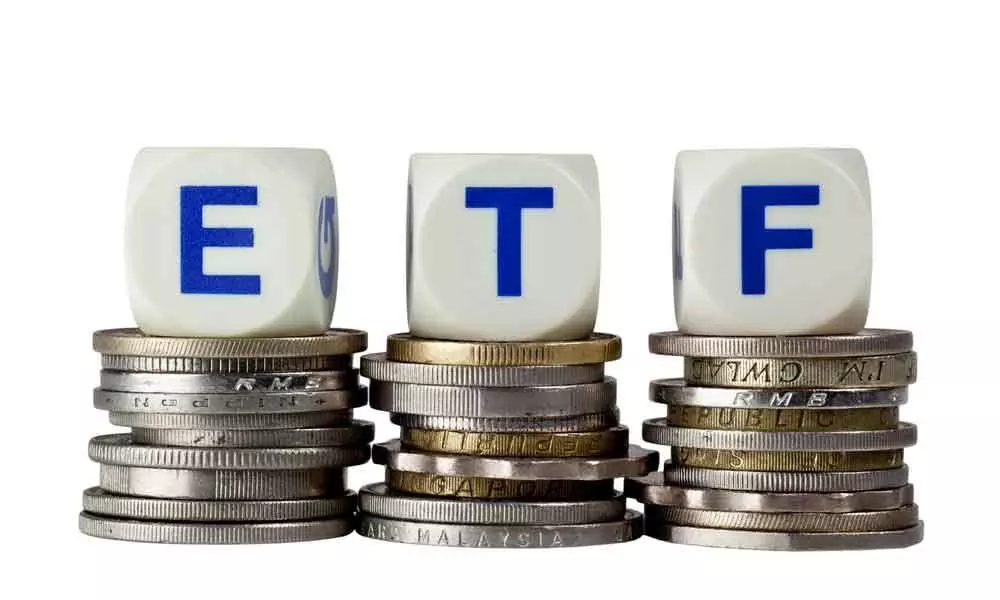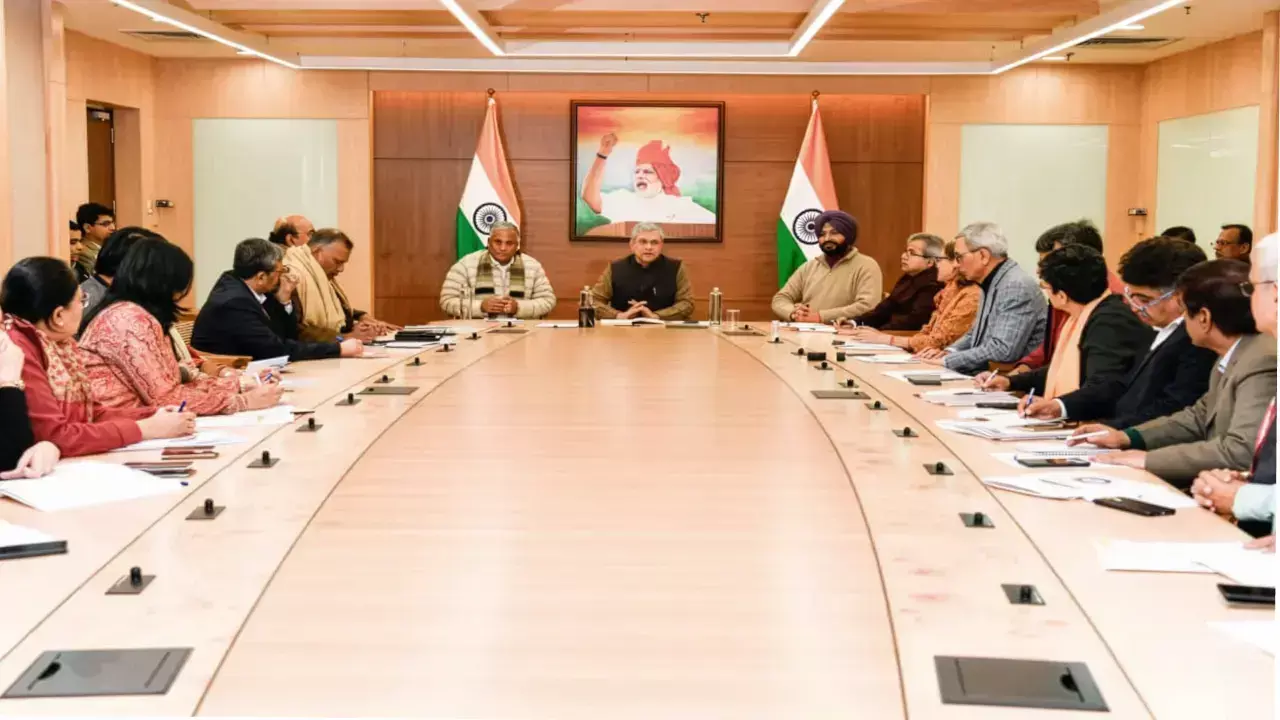CPSE ETF opens for Retail Investors on Friday: Know about it

The government has planned to raise at least Rs10,000 crore through the seventh tranche of the Central Public Sector Enterprises Exchange Traded Fund (CPSE ETF).
The government has planned to raise at least Rs10,000 crore through the seventh tranche of the Central Public Sector Enterprises Exchange Traded Fund (CPSE ETF). The seventh tranche opened Yesterday, January 30, 2020, for anchor investors, will open for retail investors today, January 31, 2020.
The anchor investors part of the seventh tranche of CPSE ETF has been subscribed more than three times to the tune of Rs9,200 crore.
Things that should be known about CPSE ETF:
What is CPSE?
Central public sector enterprises (CPSEs) are those companies in which the direct holding of the Central Government or other CPSEs is 51% or more.
What is the ETF?
An ETF is an equity security that tracks an index and can be traded on a stock exchange.
What is the CPSE ETF?
The CPSE ETF is made up of equity investments in 12 of India's largest public-sector companies that are part of the Nifty CPSE Index. It runs a concentrated portfolio of the top 10 or the handful of stocks having weights as high as 20 per cent on the underlying index. The biggest of these are BHEL, NBCC, NTPC, Coal India, NLC India, Oil India, NHPC, ONGC, SJVN, NMDC, Cochin Shipyard, and Power Grid. Indian Oil (IOC) and Power Finance Corp (PFC) have been excluded from the CPSE Index.
Most of these companies are in the energy sector and are essential to the Indian economy. This makes the investment relatively low-risk. However, ETF also responds to sectoral events.
Who is Managing the CPSE ETF?
Nippon Life India Asset Management, formerly known as Reliance Nippon Life Asset Management, is managing the CPSE ETF on the government's behalf.
How to invest?
A person can buy units of the fund through BSE and NSE by a person who has a Demat trading account. He can also purchase directly from the mutual fund house if you are buying more than 1 lakh units.
Minimum Investment required
The minimum investment for anchor investor is fixed at Rs 10 crore. Non-institutional investors and qualified institutional buyers can invest a minimum of Rs 2 lakh, while retail investors can make a minimum investment of Rs5,000.
Salient features
The CPSE ETFs are open-ended funds with no lock-in.
They can be bought and sold on a stock market.
They are pure equity investments and are passive funds.
The person needs to make a minimum investment of Rs5,000.
Note: It is an equity investment and is subject to market risks—especially any risks in the energy sector.















